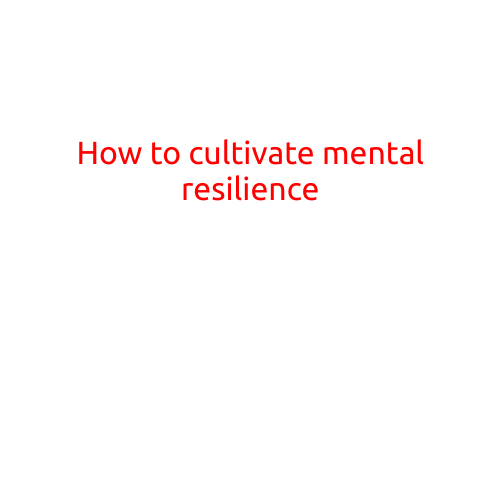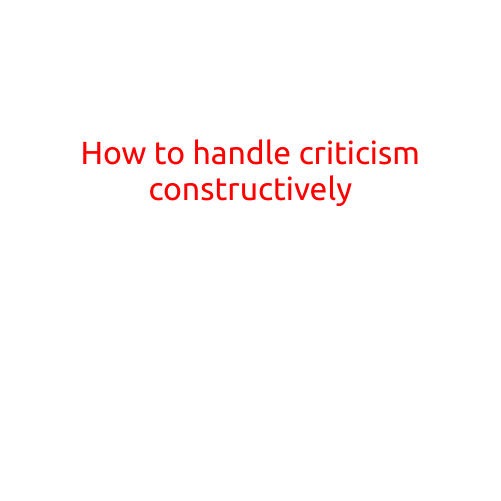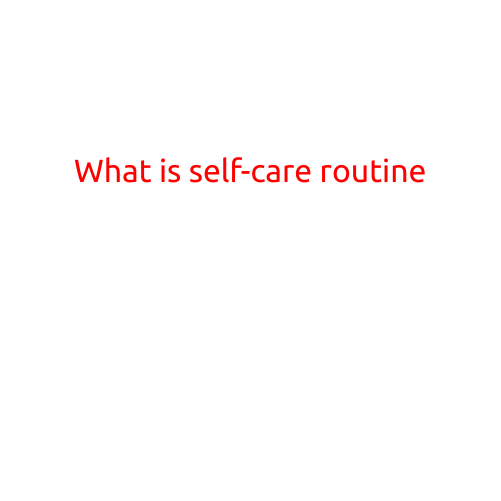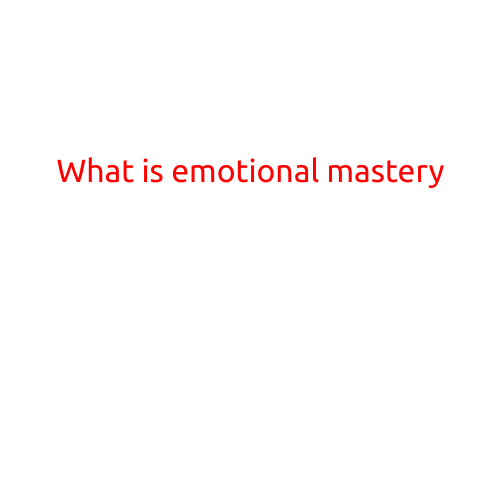
How to Cultivate Mental Resilience
In today’s fast-paced and often chaotic world, it’s easy to get knocked off balance by the challenges we face. But what if we could prepare ourselves to weather the storms of life with greater ease? Enter mental resilience – the ability to bounce back from adversity, adapt to changes, and navigate uncertainty with confidence. In this article, we’ll explore the importance of mental resilience and provide practical tips on how to cultivate it.
What is Mental Resilience?
Mental resilience is the capacity to withstand and recover from the stresses of daily life. It’s the ability to adapt, manage, and overcome adversity, setbacks, and trauma. Resilience is not the absence of difficulties, but rather the ability to cope with them effectively.
Why is Mental Resilience Important?
Mental resilience is crucial for our overall well-being, as it helps us:
- Manage stress and anxiety
- Build stronger relationships
- Achieve personal and professional goals
- Overcome obstacles and setbacks
- Cultivate a positive outlook on life
5 Ways to Cultivate Mental Resilience
- Practice Mindfulness
Mindfulness is the practice of being present in the moment, without judgment or distraction. Regular mindfulness practice can help you stay grounded, focused, and more resilient. Try incorporating mindfulness exercises into your daily routine, such as meditation, deep breathing, or yoga.
- Develop a Growth Mindset
A growth mindset is the belief that our abilities and intelligence can be developed through effort and learning. Practicing a growth mindset helps us approach challenges with a positive attitude, learning from failures, and adapting to change.
- Build a Support Network
Surrounding yourself with supportive people who believe in you can make all the difference. Building a network of trusted friends, family members, or colleagues can provide a sense of connection and security when faced with adversity.
- Practice Self-Care
Taking care of your physical and emotional needs is essential for building resilience. Prioritize activities that bring you joy and relaxation, such as reading, exercise, or hobbies.
- Reflect on the Past
Reflecting on past experiences can help you develop a greater understanding of yourself and your ability to cope with challenging situations. Reframe negative experiences as opportunities to learn and grow, rather than dwelling on the past.
Additional Tips
- Practice gratitude: Focus on the positive aspects of your life and express gratitude for what you have.
- Problem-solve: Break down complex problems into smaller, manageable tasks to increase confidence and resilience.
- Embrace imperfection: Recognize that setbacks and failures are a natural part of life and that it’s okay to make mistakes.
Conclusion
Cultivating mental resilience takes time, practice, and patience. By incorporating these simple yet powerful strategies into your daily life, you’ll be better equipped to handle life’s challenges with confidence, adaptability, and a positive outlook. Remember that resilience is not a fixed trait – it can be developed and strengthened over time. By prioritizing your mental well-being and building resilience, you’ll be more likely to thrive in the face of adversity and achieve your goals.





